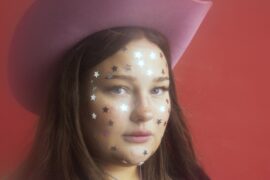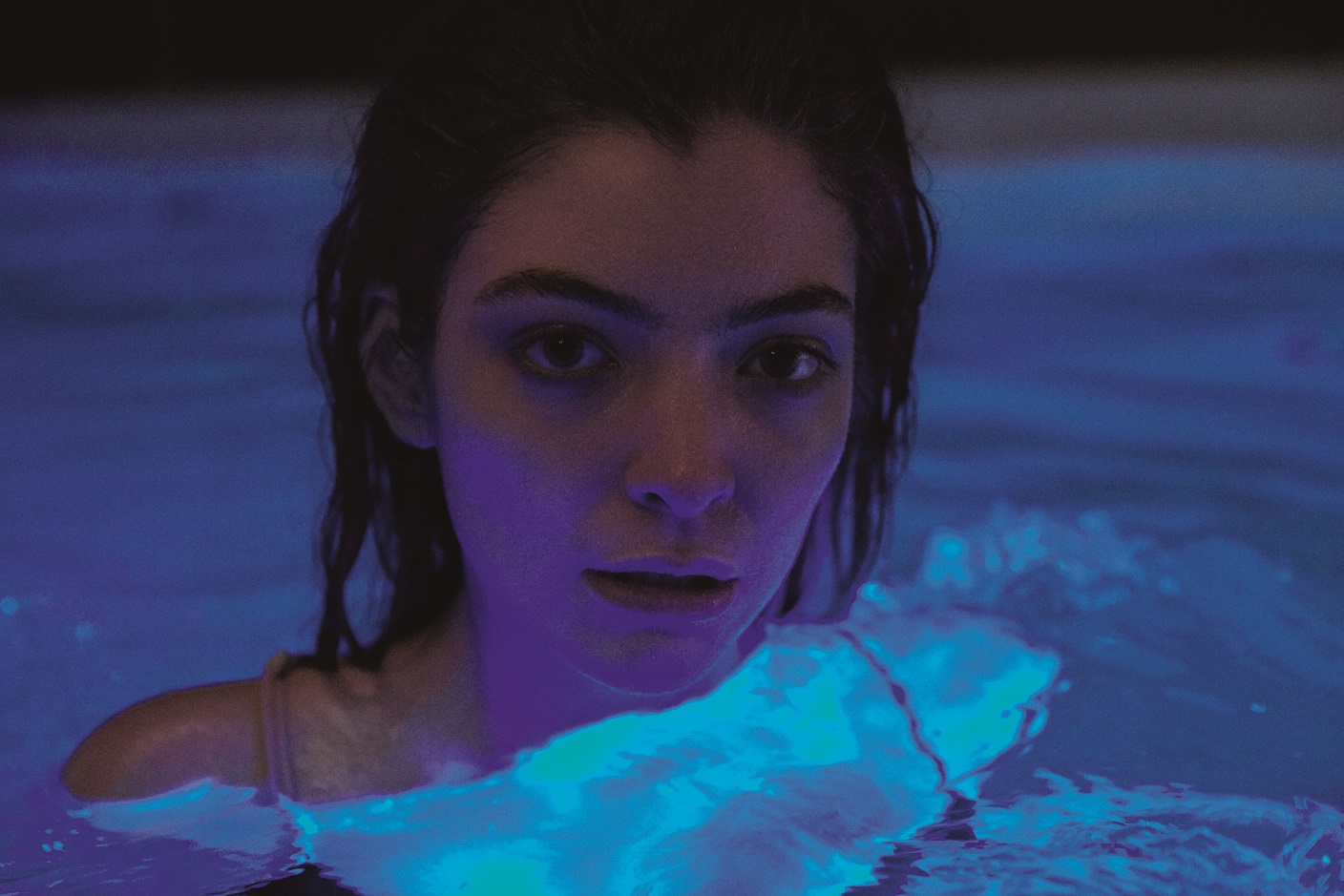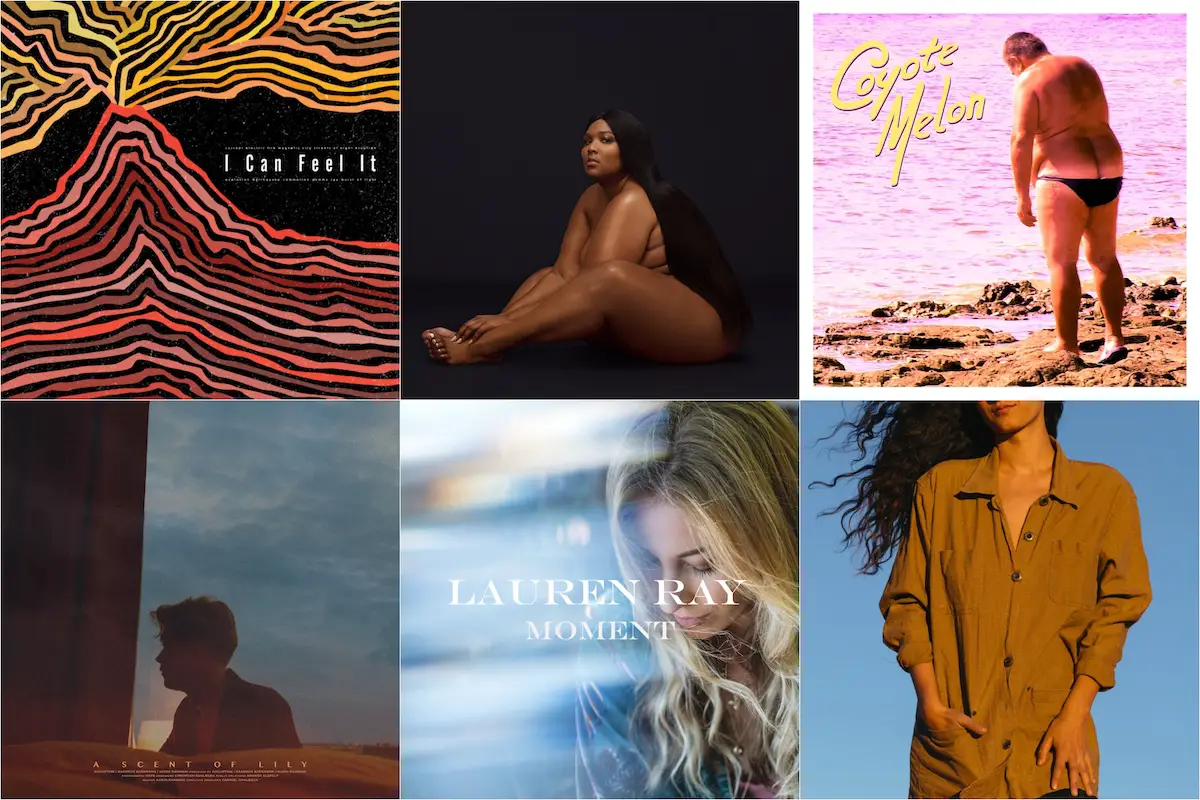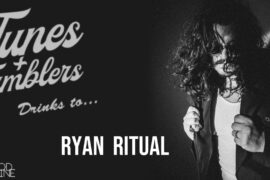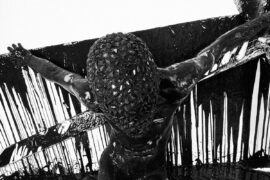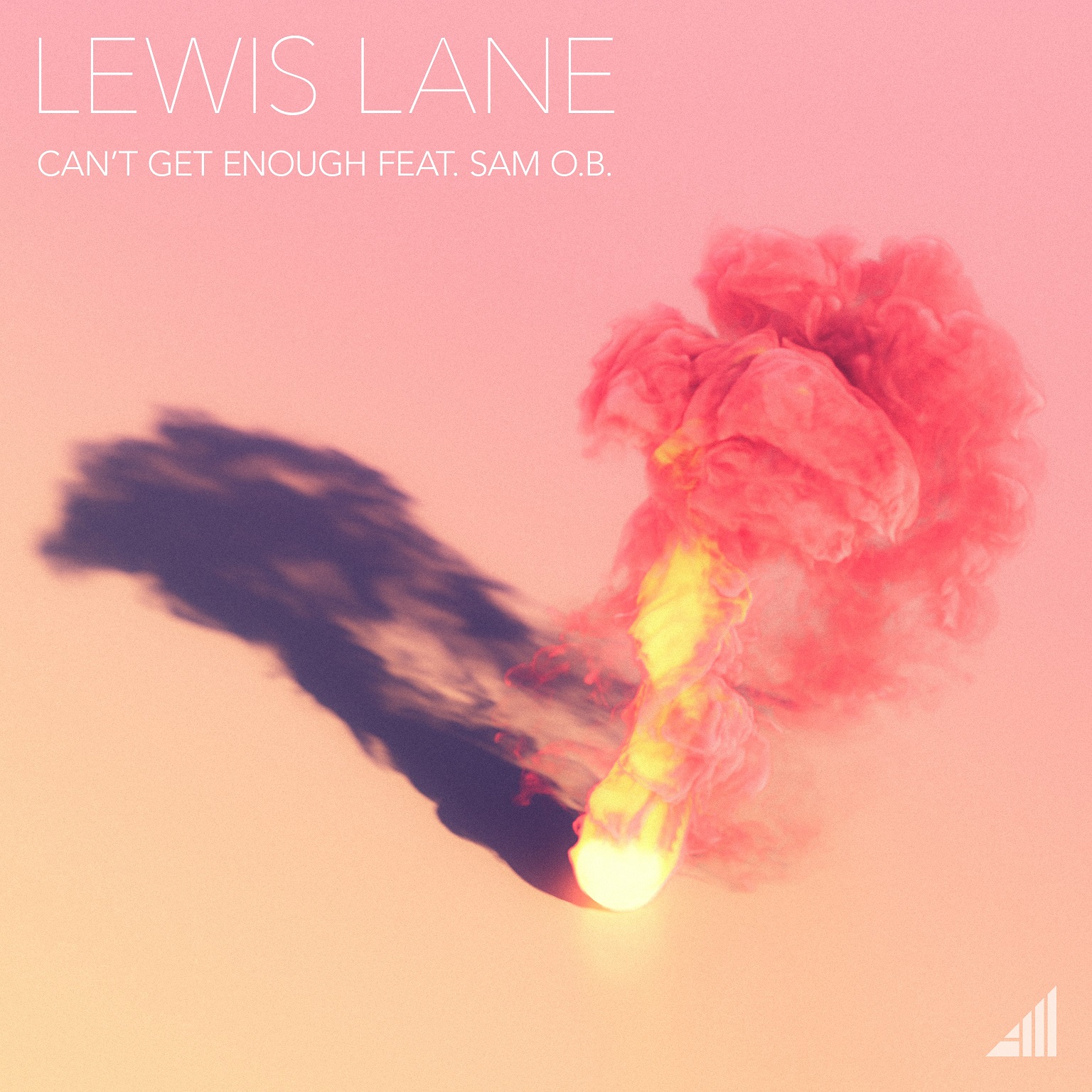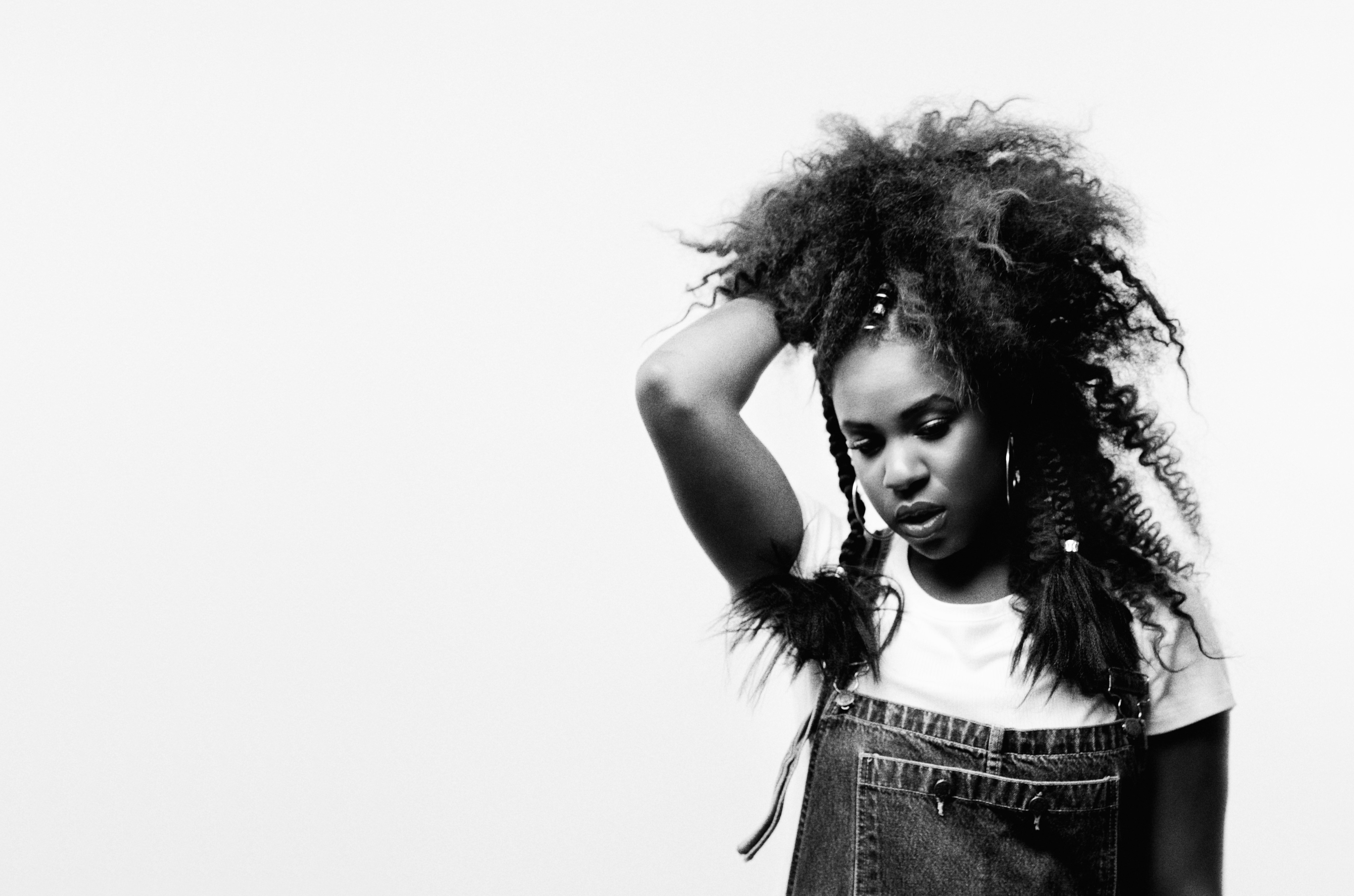Singer/songwriter Ella Vos dives headfirst into her intimate, vulnerable, and empowering third full-length album ‘SUPERGLUE,’ a strong testament to finding power and the self.
Stream: ‘SUPERGLUE’ – Ella Vos
SUPERGLUE is an undeniably resilient record.
Rich with authoritative vulnerability and feminine reclamation, Ella Vos’ third album speaks to healing, growth and rebirth. These songs face poignant reckonings straight-on, representing a record truly her, through and through. Written from a place of healing, the record comes in the aftermath of much change for the singer/songwriter – cancer treatments, divorce, and parting ways with old collaborators. Although she’s no stranger to the music scene, SUPERGLUE (released March 3, 2023 via her own Superglue Records) presents many firsts in Vos’ identity; not just in her music, but also in how she practices creating and being.
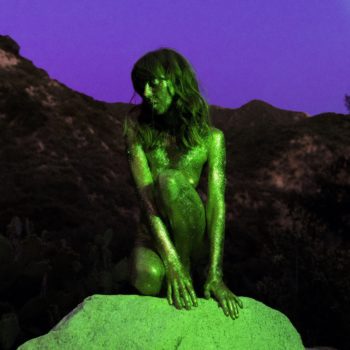
With bursting production and commanding lyricism, each track builds its own vortex — bringing you into a world of scintillating surrealism and power. Most notably, this record was written and recorded during the pandemic, with collaborator and partner, Tommy English. Standout tracks “Mindreader” and “Mountain” are powerful odes to desire and feminine strength. While “Glitter and Tears” and titular track “Superglue” speak candidly about love and the liberation it brings.
Vos sat down with Atwood Magazine to talk about creating the record. From navigating the music industry as a woman and a mother, she shared how embracing the feminine has become seminal in her career and her creative process. She also shared with me her Animal Spirit cards, and how they’ve had an unsuspecting role in the conception of the album and its visuals.
I left this conversation feeling very full – it’s shown me how truly special this record is, and why Ella Vos is an empowering artist for women everywhere.
— —
:: stream/purchase Ella Vos here ::
A CONVERSATION WITH ELLA VOS
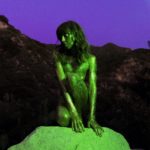
Atwood Magazine: Congratulations on Superglue! How has the response been so far?
Ella Vos: Well, the first song was written in 2020. It’s been a long process, and it’s so good to finally have it out. I’ve played it for so many friends over the past couple of years, like every version of every song. I’m glad I get to share it with everyone now.
The record was made during the pandemic, with your partner to whom you had just got together at the time – that’s two things hard to navigate anyways! Tell us a bit more about the creative process of the album.
Ella Vos: Yeah, it was a lot! I had just gone into remission from lymphoma and my divorce was almost finalized. At the same time I was working on my second album, and to be honest, I was really burnt out.
Tommy [English] and I started dating in January 2020, and we decided that we wouldn’t work together because, you know, it’s really hard to work on something creative with your partner – especially at the beginning of our relationship. And then two or three days into the pandemic, we just needed something to do. We started jamming, setting up instruments around the house. Tommy moved in and he brought so many instruments. We were home, we were jamming, writing. It was cute. Really scary times but also we were in this little cocoon phase of our relationship. It was nice to have so much alone time at that early stage. We just kept it really fun.
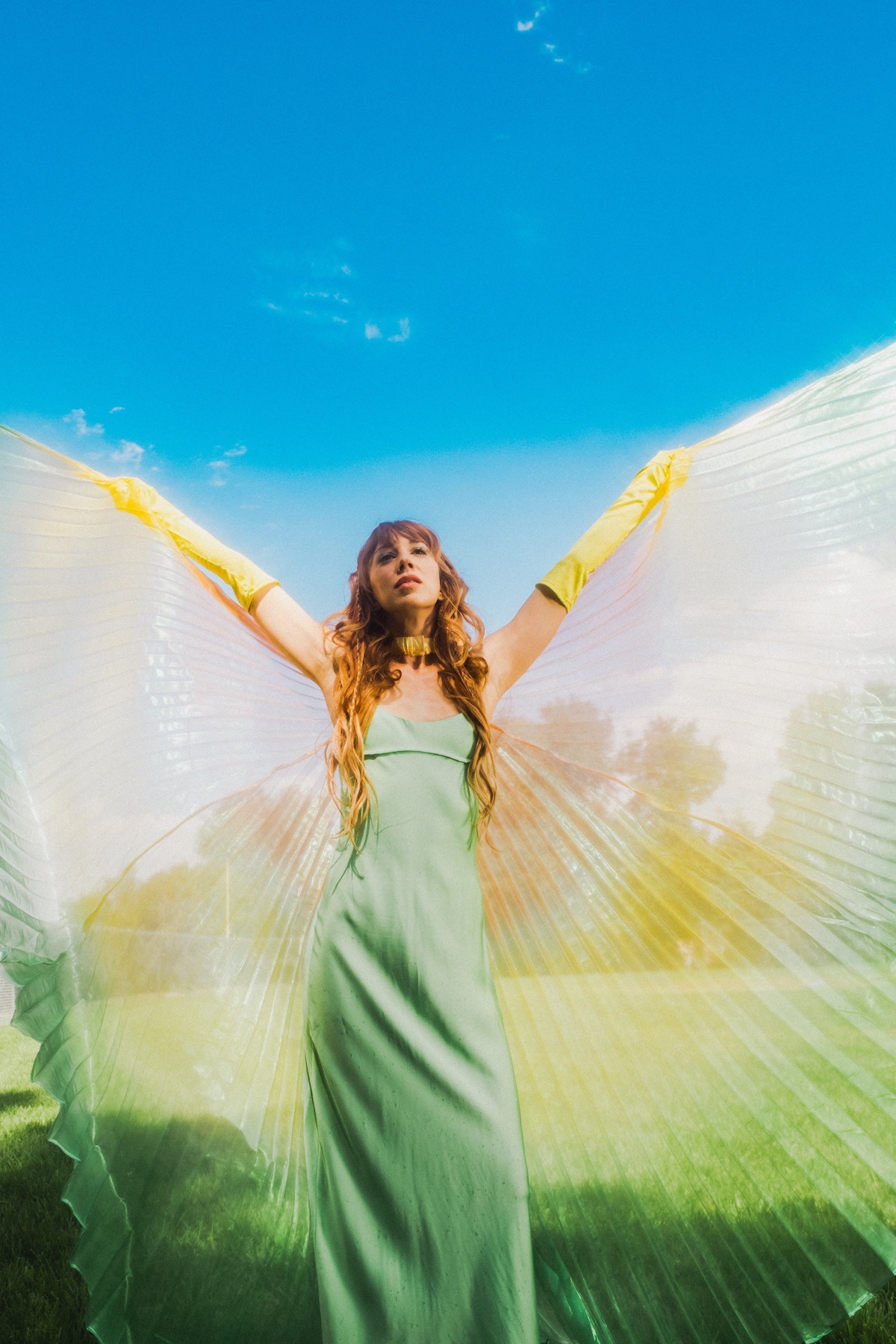
It sounds like it was calm amidst the chaos! You mentioned that you were feeling burnt out, what brought you back into this creative space?
Ella Vos: I had been writing a lot of songs where I was writing to a track that my co collaborators made. I grew up as a classical pianist, and I started playing in a band when I was in college. I had co-produced our albums, previous to Ella Vos. I did have a lot more of a vision of what I wanted to create, but I was a little lost. And when I started writing for Ella Vos, I found this collaborator and it was great at the beginning. But it just got to the point where my next album was to get good Spotify playlisting. I also had a lot of stress at the time. I was supporting our family, I had cancer, I was still touring while going through treatment, and there wasn’t a lot of room to be expressive and see what comes up. It was very, like, this is a job that I gotta make sure doesn’t fall apart. So writing had gotten very rigid, where I was just trying to put out a lot. And that works for some people, but I feel like when your goal is just to output, you don’t have time to really sit and be like, how does that really make me feel? What do I really mean to say? What do I need right now? I think having the shutdown allowed me to just make music that I like again.
Thank you for sharing that! I think you can really hear that in the album, the rebirth. In that case, what would you say this project symbolizes for you and the trajectory of your artistry?
Ella Vos: It really feels like a completion of this trilogy. Words I Never Said, my first album, was learning how to speak my mind and feel confident about that. Turbulence, my second, was dealing with the aftermath of cancer, and divorce, and just the difficulties in life. Superglue feels like a butterfly emerging from the cocoon. Everything I’ve been dreaming of and hoping for, the kind of music that I could create.
That’s so special! You’ve been very open about your health, divorce, relationships and motherhood. How has that impacted the way you've made music through the years?
Ella Vos: It’s changed so much over the years. I put out my first album five years ago. I’ve changed a lot as a person, I’ve changed a lot as a mother. And right now I write from a place of healing. My relationship with motherhood has changed quite a bit from when I wrote White Noise. When I wrote that, I had really, really terrible postpartum depression, I wasn’t getting help for it. I kind of thought music would stay with me, would be my outlet, and that turned out not to be enough. I did a lot of therapy – I’m still in therapy – and doing that inner work has not only changed my relationship with my son, but my relationship with myself and what I create.
My son really inspires me to write. I mean, he actually will come up to me when I’m sitting at the piano and he’ll be like, “What are you writing about? What’s the title? Do you have lyrics?” And if I don’t, he’s like, “Well, you gotta think!” He was a baby when I started writing, I was a lot more fearful of what it would be like to be a mother in the music industry, and how the music industry would accept me. And now, it’s been seven and a half years. And I don’t really care anymore what the music industry thinks. This has been a big transformation of my relationship with my son, myself, with music, with my husband, with my friends.
Do you think motherhood empowers your writing in any way?
Ella Vos: Yeah. I would not have pursued an artist’s career if I hadn’t gotten pregnant. When I was touring with bands, I thought that my dream was to be a touring musician. But then when I started touring for other artists, I would just find myself being insanely jealous of them being in front of the stage. It was something I always wanted. So when I got pregnant, I felt like, if I’m going to do it, I better start now. Because it’s just gonna get harder. Starting any business while you’re pregnant is not the easiest thing.
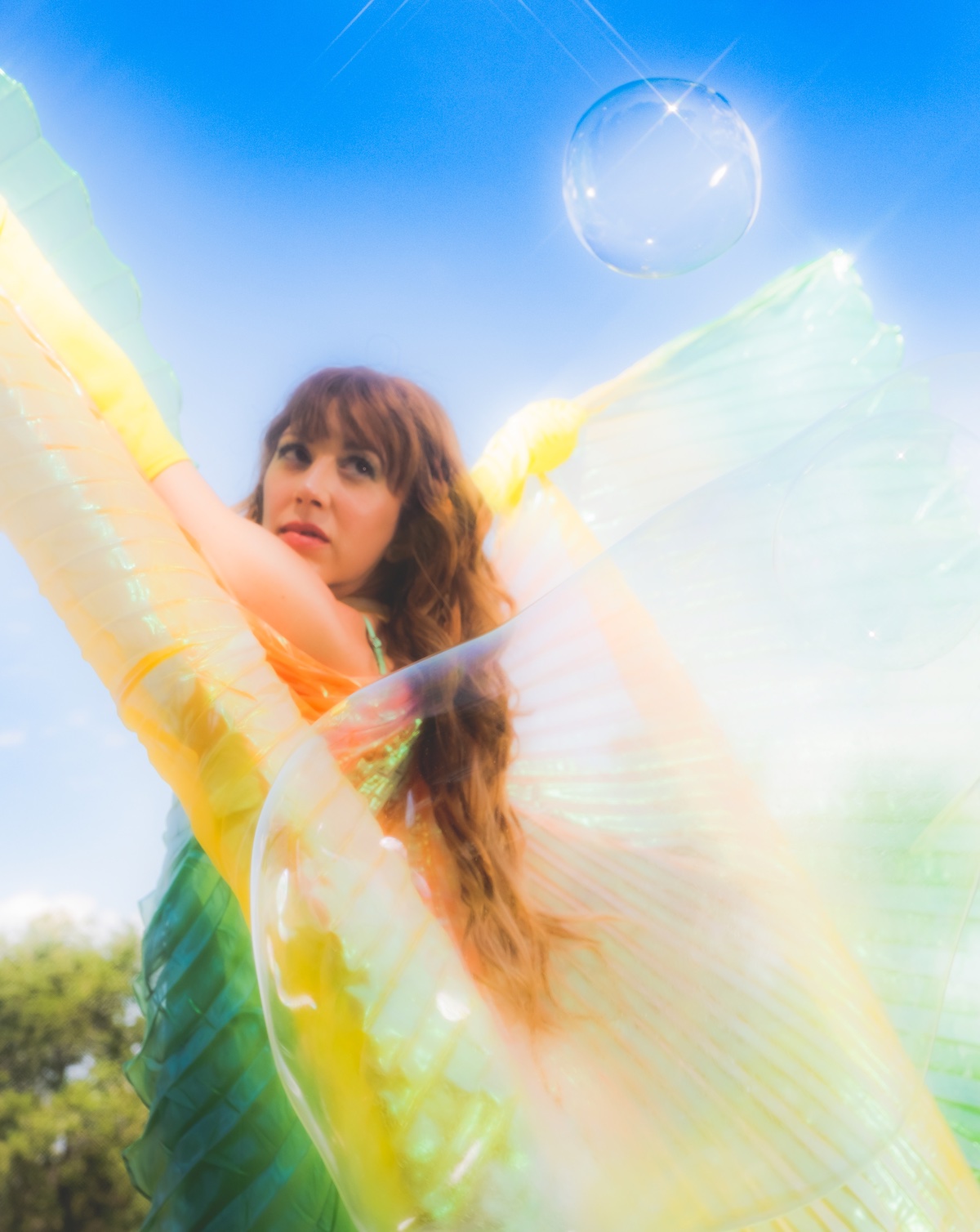
And definitely not music, of all things!
Ella Vos: Music of all! But no time like the present.
What has that been like? As a woman in the industry.
Ella Vos: Yeah! One of the things I had to reckon with, coming into the music industry, was my own preconceived notions of what a woman in the industry looks like. It’s still very much a man’s world, and it’s hard to undo that thinking. When I started, I felt like I needed to hide my age, hide that I was a mother, that I was married. This vision of the pop star that anyone would dream to be with. It felt like the only place for women in the industry was to be a sex symbol. I’ve definitely felt unaccepted because of my age. I’m 36. I used to look a lot younger when I started, and when people found out how old I was they would say, “So just don’t tell people your age.” That just doesn’t make sense. I didn’t want to misguide other young women who are thinking that. It’s crazy because I work with young songwriters who are being told that if they don’t make it before 25, it’s over. And it’s not just men who are saying that, it’s women too. It’s really hard when you’re being told that. The ageism in the industry, it’s a real thing.
It's crazy to hear how internalized that is in the industry.
Ella Vos: it is, yeah! I’ve worked with so many women who would say things like, “Oh, well, I’m a grandma now.” And I’d be like, you’re 27! I want to listen to music from people in all stages of life. Finding out my favorite artist’s age doesn’t change my relationship with the music.
When I was parting ways with my last producer, I sent him a timeline of how I wanted the next five years of my career to look. I put in the year that I possibly wanted to have another baby. And his response was, “Well, what’s the point of all this then? It’s not worth it for me to invest.”
That’s crazy! Motherhood and pregnancy is a beautiful thing to go through, surely that should open more doors than close them in terms of the kind of music you can make!
Ella Vos: Pregnancy and motherhood has definitely become more accepted in the music industry. But touring is hard with kids. It’s not impossible, but it’s harder. I think being a mom makes me more confident. It’s easier for me to say no to things because I know myself more. I think it’s scary for men in the industry too, because women gain a lot of confidence from being a mom – and that can be intimidating. It’s been really interesting to experience this. Starting in the music industry as a young, single 20 year old, and then now.
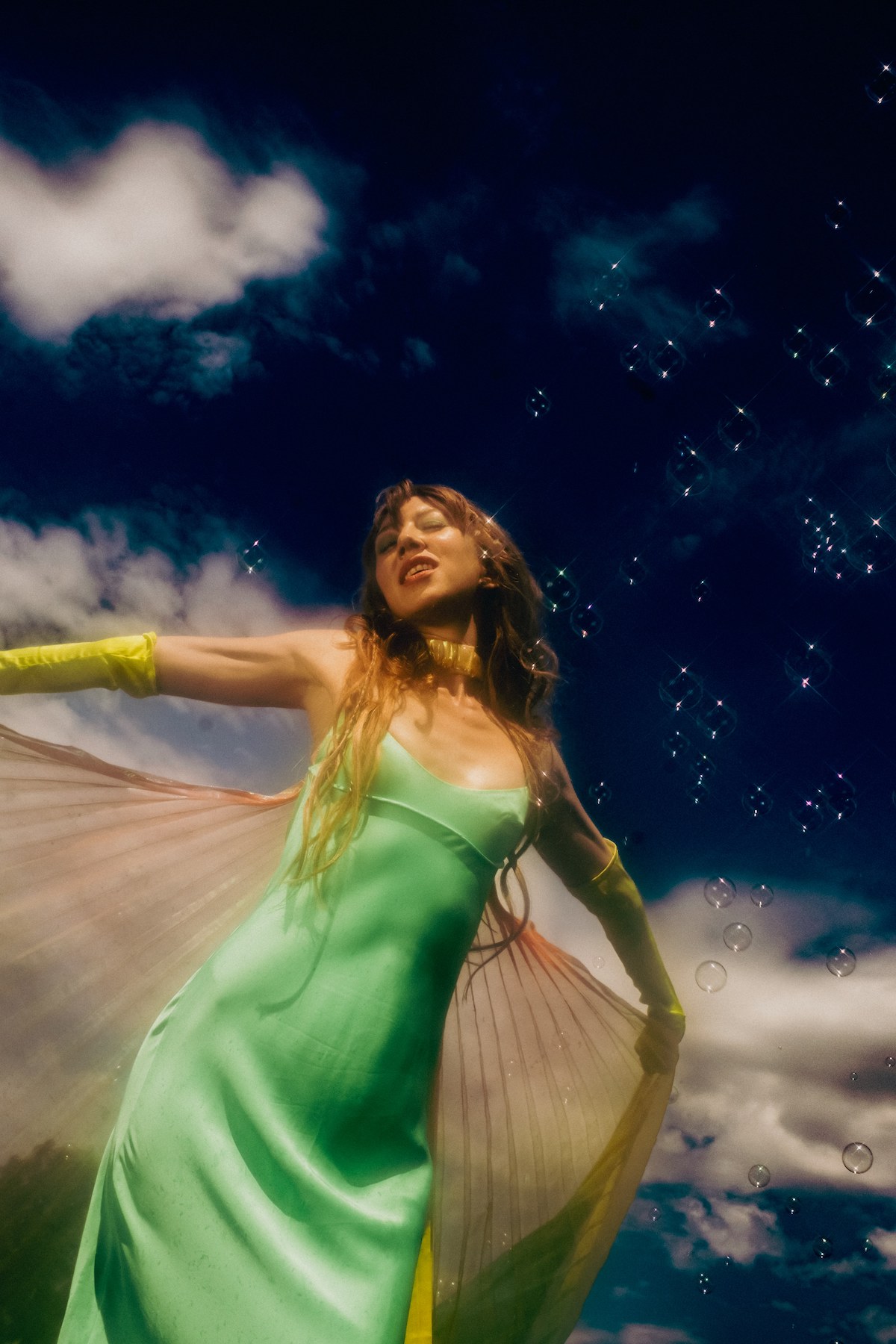
You’ve seen the music industry through all these stages of womanhood. So what would you say to her? Your 20 year old self who’s just starting out.
Ella Vos: Oh wow! I would tell her to just take more risks and do more. I definitely took myself too seriously. I was very dedicated to my band that was clearly going nowhere, and I should have left. I got married young. Yeah, there’s a lot of things I would do differently. But at the same time, I experienced a lot in my 20s that gave me so much to write about. And I think that’s pretty cool.
I really want to tell you my favorite song on the album is “Mountain.” I love the hook, “Your body is a mountain” - that can mean so many things! To me it really spoke to reaching inner power and strength. Were there any songs that stood out to you in the making of?
Ella Vos: Thank you so much! Honestly, I could tell a story about every single song. I learned something from every song, they all remind me of something really special. “Mountain” is a really important song for me too! We live up in the foothills, so I have this giant mountain in our backyard. I can gaze at it for hours. It’s taught me a lot about my own feminine self; how this mountain is so powerful and strong – but still, and gorgeous, and mysterious, and a place of safety. I thought, I can be those things too. I wrote about the mountain and how it makes me feel stronger, and how that’s not vain of me. I think it’s something I’ve really struggled with, being able to see myself as beautiful and not feeling guilty about it.
That's to do with being a woman as well, learning to say nice things to ourselves.
Ella Vos: Yeah! I felt very much in my body and very powerful when I was writing “Mountain” and making the music video. “Glitter and Tears” is another song that taught me beautiful songs can still be written. I think as a songwriter you have days where you’re like, “every song has been written, there’s nothing else left to say,” and then a word comes. For “Glitter and Tears,” I wrote this letter to Tommy, my husband, about my cancer diagnosis, because we weren’t dating at the time. I wrote him a two page letter describing my experience. One of the lines was, “I wish you were there at my worst, but I’m kind of glad you weren’t.” I was like, I haven’t heard that in a song! That’s pretty cool and it makes me feel a lot. It made me feel like magic can still exist in songwriting.
And then the first song I wrote with Tommy was “The Wash.” I think the word came to us because we were taking a lot of bubble baths, haha! Tommy would say this thing, “just gotta wash the day off, start over,” when we would be just so depressed and defeated the first couple of weeks of the pandemic. And so we wrote the whole song three days into the pandemic just on a drum machine and a keyboard. I remember after we wrote it, we were like, the song is so special, we can’t share it with anyone yet. So we kind of just kept it to ourselves.
Tell me about all the songs!
Ella Vos: Yeah! The next song we wrote was “Superglue.” We were smoking a lot of weed, haha! I had a vision board for the album at this point. It was very green, supernatural. And I kept playing around with the word ‘super’, like, super bloom, or super moon. Tommy was like, “I know that you’re my super glue.” It inspires this idea of being each other’s glue during really turbulent times. It was really fun to make. I feel like it was the first song that I felt was something different and unique, and I want to make the whole record like this.
So that song kick-started everything! Is that why you called the album SUPERGLUE?
Ella Vos: Yeah, it felt like a spark. It’s so bubbly and it made us feel good every time we listened to it. We did a lot of road tripping during the pandemic too. We stayed in Nashville for songwriting sessions. It was really a drag, the pandemic had just really hit Nashville, so we were in this lame Airbnb for a month. It was right after our wedding, so it was like the worst honeymoon, haha! We had fun but it was not inspiring. I wrote “Losing Battle” there and that was the song that inspired me to leave my old manager and producer. I was still working with them at the time and it was pretty traumatic. I wanted to quit music, or at least quit working with them, and writing “Losing Battle” really helped me find the confidence to move on and find someone new. I really wanted to find a female manager, that was huge for me. My mission since Ella Vos has been to bring as many women artists into my circle. Yeah, so “Losing Battle” really taught me I could write on my own, it made me really believe in myself as an artist.
It's lovely to see how this album has seen you through the end of a chapter. Through taking your power back, going forward as a female artist – that's powerful.
Ella Vos: Yeah, it was definitely time to do this on my terms, because I’m not enjoying trying to fit into this mold. There’s a lot of pressure in this industry. If you wanna make it – you don’t say no. That was something I learned going through my cancer treatment, especially, but more so working on this record. I had more boundaries, I started saying no. I didn’t want to be a featured voice on every DJ song. That was hard to say no to, because that’s a great source of income for female artists.
I had always wanted to do things my own way, but being the boss of your music career as a woman is really hard. You have to take it, no one is going to hand it to you. Men in this industry are not going to come to you and be like, “how can I help you be the boss of your business?” They’re just going to tell you what their vision is. So taking that power back was just a really big struggle. And I really admire younger artists who are able to do that. When I was in my 20s, I was terrified of telling any man no.
It’s something women have to learn, how to say no. I think men are always told that they can, and should, go out in the world and take what they want. As women, we have to come into that.
Ella Vos: Exactly, yeah! And we learn that it’s scary and dangerous to say no, and you’re penalized for it. It’s not an easy thing to learn. And also, I’ve stopped trying to think like, “I’m gonna think like a man and make things happen” – I’m gonna use my feminine strength to do it, and my motherhood skills.
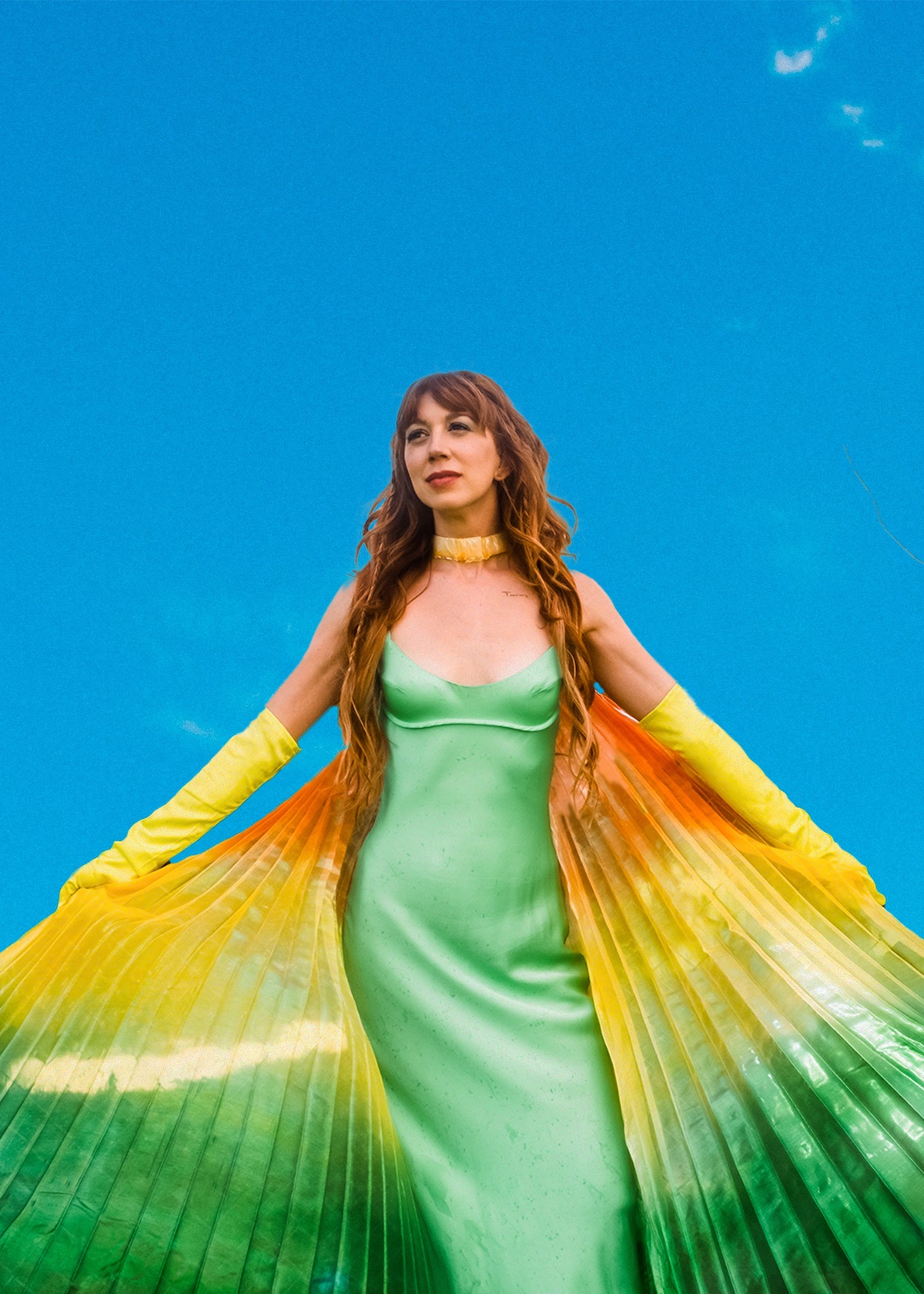
I love that! Do you think the landscape of the industry has changed for women since you’ve started?
Ella Vos: I mean, not enough. Not the shift I’d like to see. There’s a lot more support for women’s music. Overall not much has changed from when I started. Maybe on the outside, but not internally.
So what do you think is the way forward?
Ella Vos: Just more women executives, more women in places of power. And not women who are thinking like a man. I want women who are thinking like women.
There’s so many great things feminine qualities can bring to decision making. With so many young female artists, it seems there should be more women role models in the business, helping them see their career as a lifetime goal – and not just until you become a mom, or until you’ve reached this milestone. I feel hopeful about newer younger artists that are coming up, I feel they’ll do better.
We’re optimistic! Let’s talk about the visuals for your music. I love you’ve drawn from each of the four elements. And the words, “she's growing” with the element symbol at the start are a great touch. Tell us more about these!
Ella Vos: I’m very much a nature girl. I grew up in California, and California just has so much to offer. Mountains, beaches, forest, desert… I’m also really into Animal Spirit Cards, do you know those?
Like tarot cards?
Ella Vos: I’ll show you. Oh my gosh, you would love these. There’s a booklet with the cards and you can read and draw them like tarot. They organize them into the five elements, including the spirit. I love it. I used them a lot when I was going through cancer treatment, and I just loved the meaning of the descriptions. They even have those symbols on for each one. This is completely where I got it from, haha!
I love that!
Ella Vos: I’ll read you a quick description of each of the elements. Earth: creatures of this are grounded, dependable, supportive, drawn to routine. So, “Mountain” felt very much like my grounding element. And then water is very healing. It represents our emotional world, and our ability to express, which is perfect for “Glitter and Tears.” And then fire is the transformation element towards change. Which is perfect for “Mindreader,” because that’s very much about desire, finding power.
Then air. I love air so much. It’s about being able to see the whole picture, to move quickly and decisively. And to really see others. So “Superglue” is really good for that because the song itself is kind of floating and bubbly. It is about seeing the big picture of a relationship, a person, and a situation, the good and the bad – and accepting both.
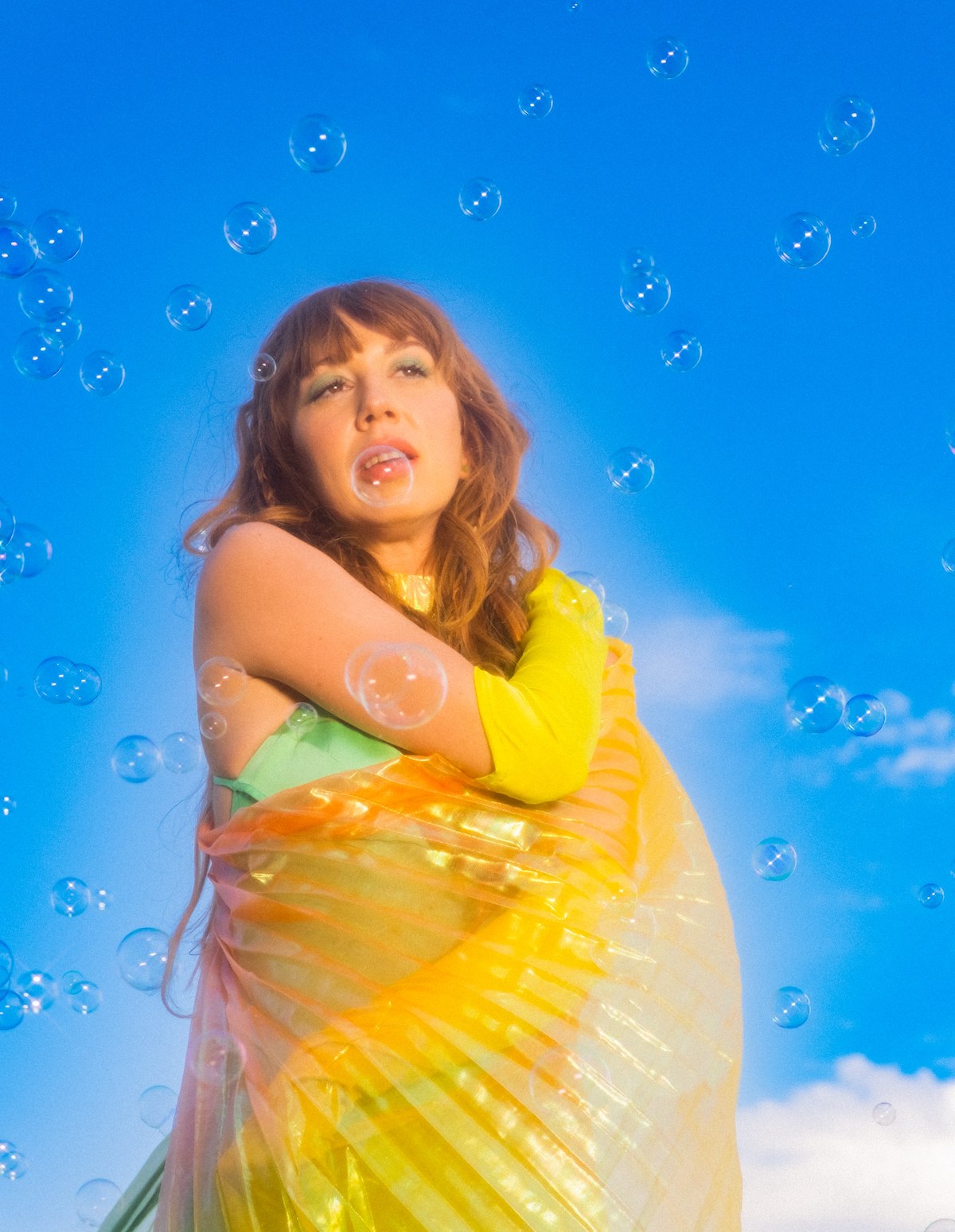
I have to say that my favorite is the “Mountain” music video too. It’s so grounding.
Ella Vos: The shoot for “Mountain” really was my favorite one, too. We didn’t totally know all the spots we were gonna shoot. So it was wandering around forests. I found this tree, that was like five trees coming out of one. And I stood in the middle of it, wrapped up in the tree and the nature and they just started filming. There was a lot of that. It felt really, really cool. I just pulled a lot of stuff I was learning from the cards. And it has given me a lot of guidance. I wanted to infuse the album with that.
I actually have a really big deck of oracle cards myself! I get a lot out of them, they’re really good prompts to get you to reflect, so I totally get where you’re coming from.
Ella Vos: Yeah! I really had to relearn how to take care of myself when I was sick. And I think doing these cards helped me talk about a lot, and get in touch with things. I also journal a lot, so I wanted to infuse my album with this healing energy, and try to show people that beautiful things can still happen in this darkness.
Oh wow, thank you so much for this! I’m truly feeling so full! To wrap up, what do you hope people will gain from listening to Superglue?
Ella Vos: I hope people feel inspired to create, inspired to connect with themselves on a deeper level. I hope people see part of themselves in this, and feel that healing vibe.
— —
:: stream/purchase Ella Vos here ::
— — — —

Connect to Ella Vos on
Facebook, Twitter, Instagram
Discover new music on Atwood Magazine
© courtesy of the artist
:: Stream Ella Vos ::

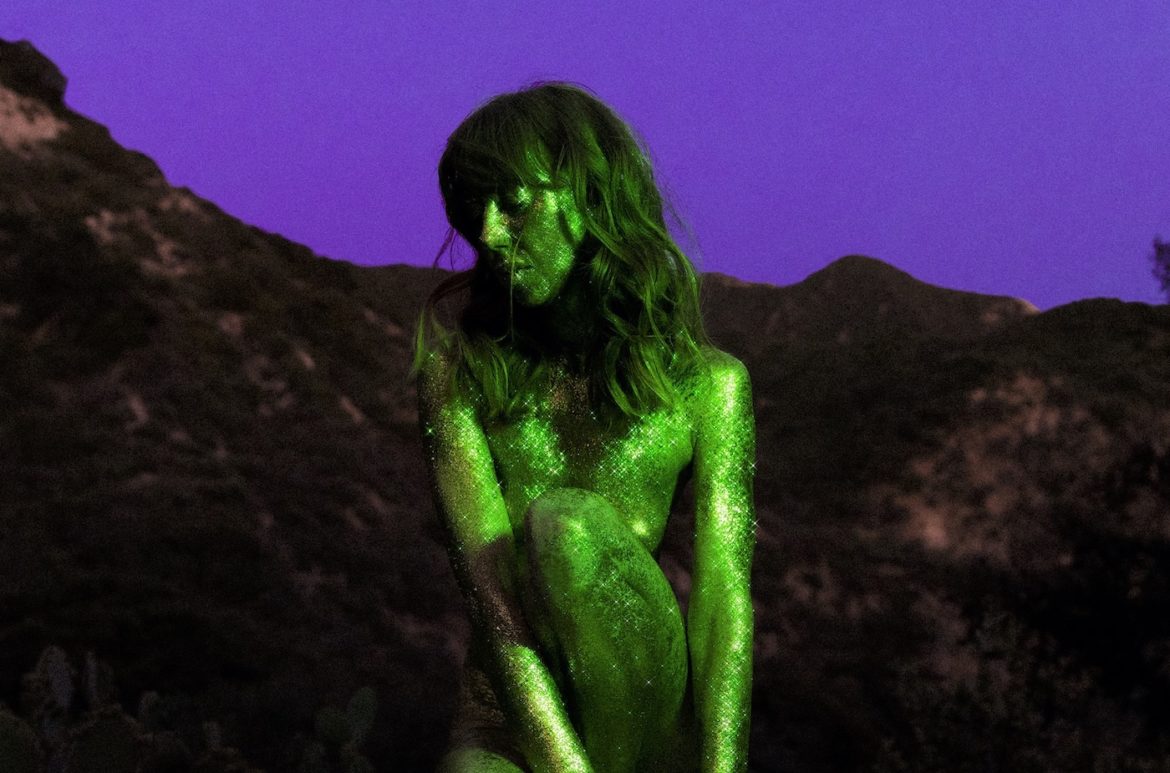
 © courtesy of the artist
© courtesy of the artist